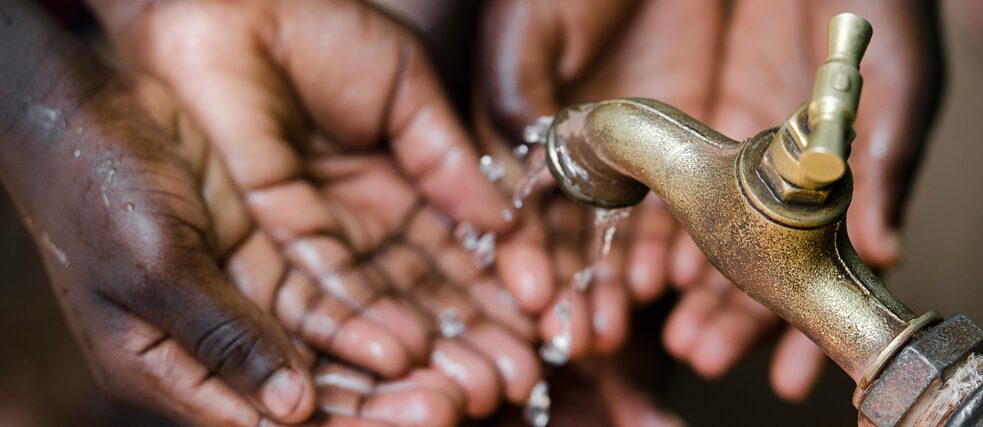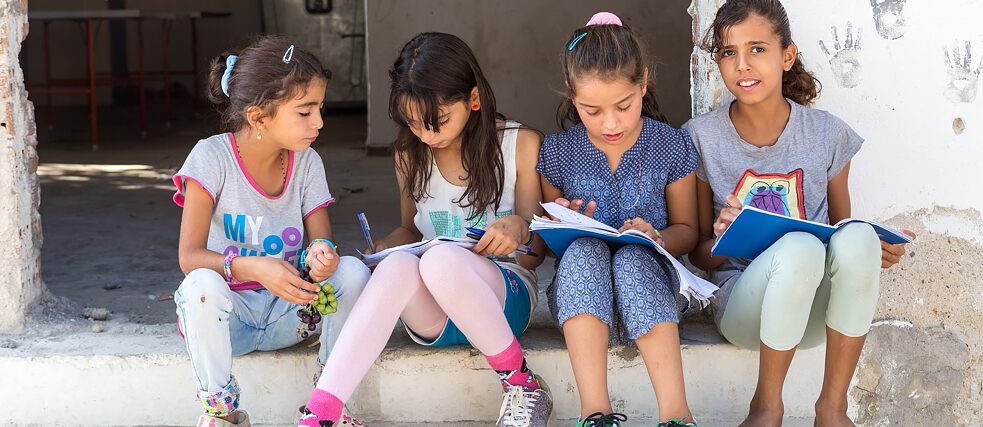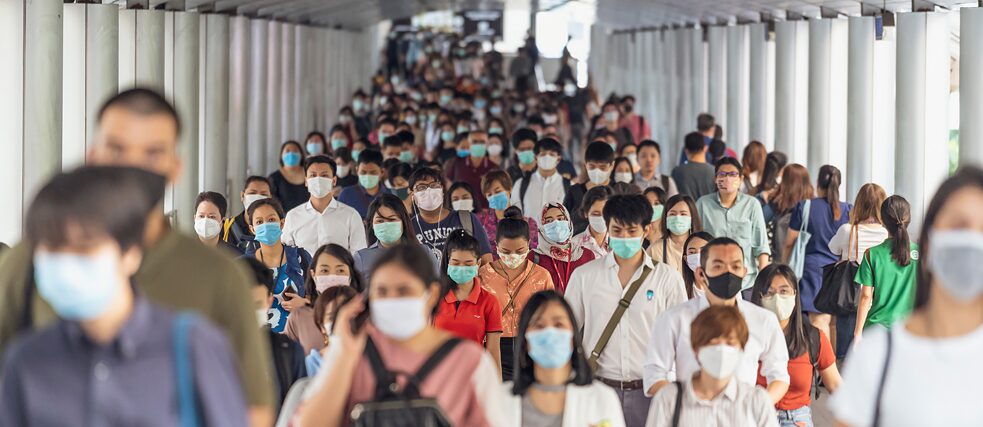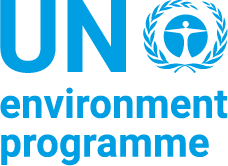 Sea turtles in Komodo National Park and Gili Island, Indonesia
| © iStock-1077092686 Aaron Bull
Sea turtles in Komodo National Park and Gili Island, Indonesia
| © iStock-1077092686 Aaron Bull
2020 was looking to be a milestone for international cooperation, with major global conferences on biodiversity, climate change, gender equality and more. A year of inspiring ambition and action took a sharp detour with the COVID-19 pandemic. Finding the path forward from here may be even more challenging than before.
This is why we need the Sustainable Development Goals (SDGs) more than ever. The SDGs can guide how we build back better from COVID-19. This crisis is not an isolated incident. It is a link in a larger chain of climate inaction, destruction of habitats, breakdown of public health systems and widening income and gender gaps that hold us all back. The SDGs are there to push us forward on all of these fronts.
Is this a race we can win?
In the last decade, we have witnessed some significant successes. Extreme poverty and child mortality rates continue to fall.[1] School enrollment rates have gone up and global electrification has increased to 89 per cent[2]. Many of the other goals are showing slow but steady points of inflection. But no win is guaranteed. With some distance to go before the finish line in 2030, the COVID-19 crisis threatens to slow us down.Even before the pandemic, studies estimated that a staggering 135 million people were facing crisis levels of hunger and food insecurity. The shocks from the pandemic are now pushing an additional 130 million people towards starvation[3]. Lockdown measures are affecting almost 2.7 billion workers, nearly 81 per cent of the world’s workforce, many of whom aren’t covered by social protection measures[4]. School shutdowns are affecting 91 per cent of the world’s students[5], many in developing countries whose education can’t be saved by technology. Women are on the frontlines of the COVID-19 fight as health-workers, caregivers and informal workers. Yet in addition to constant threat to health and well-being, they must now also contend with rising rates of domestic violence.
 Water scarcity still affects one sixth of the earth's population
| © iStock-490824660 borgogniels
Water scarcity still affects one sixth of the earth's population
| © iStock-490824660 borgogniels
The number of protected areas is rising and loss in forest cover is slowing down. But relentless habitat encroachment, biodiversity loss and collapse of ecosystems continues. Experts note that one new infection emerges every four months among humans and nearly 75% of all emerging diseases can be traced back to animals[1], COVID-19 being the latest case.
How we build back better
We will not meet many of the targets for the 2030 Agenda if we continue this way. Business-as-usual does not make sense. But it’s not too late to shift gears.The silver lining is all of this is that the SDGs are all interconnected. Investing in the right response for one goal can help us reach many others. Recovering from this global pandemic and the recession, if done in a climate-sensitive and inclusive way, can be a real opportunity not just for the environment, public health, poverty and jobs.
 Children in the Lagadikia refugee camp, about 40 km north of Thessaloniki
| © iStock-594946600 verve231
Children in the Lagadikia refugee camp, about 40 km north of Thessaloniki
| © iStock-594946600 verve231
What should our next steps be to achieve the SDGs, as we come out of this crisis?
Achieving the SDGs is a matter of standing up for nature. The COVID-19 crisis is a wake-up call from nature. The health of our planet and its ecosystems is directly linked to our own health and the health of our economies. Protecting and restoring our forests, mangroves and coastal and marine habitats helps us hit multiple goals, from tackling climate change to lifting millions out of poverty. It is more urgent than ever that we re-evaluate this relationship, taking notice of all that nature has done for us as we rebuild from this crisis.
Achieving the SDGs is a matter of following the science. We are living in times of mistrust of evidence, facts and science. All it takes is one click for misinformation and conspiracy theories to spread. It is the work of scientists, academics and experts that should guide us out of this pandemic and propel us toward the SDGs. There can be no substitute for evidence-based policymaking. Climate scientists, in particular, have been sounding alarms, warning that if we do not cut our emissions by 7.6% every year for the next decade[1], we will not be able to contain global temperatures within the 1.5-degree limit. Slow-moving environmental crises will soon snowball into greater food insecurity, extreme weather and disasters and more frequent public health crises like this pandemic. It is time for informed action.
Achieving the SDGs is a matter of making smart choices, at an institutional level and at an individual level. Fiscal stimulus packages must embrace the opportunities to prioritize a greener economy, remove fossil fuel subsidies, and help create green jobs that provide decent, sustainable employment and social protection. At an individual level, the onus falls on each of us to choose more sustainable lifestyles, try to close the loop on what we consume, and do our part in beating pollution.
 A crowd of people with masks during rush hour in Bangkok, Thailand
| © iStock-1215697335 Tzido
A crowd of people with masks during rush hour in Bangkok, Thailand
| © iStock-1215697335 Tzido
And achieving the SDGs is a matter of solidarity. The SDGs serve as a reminder that nothing is possible without shared responsibility and collaboration. Without sharing the responsibility, we run the risk of leaving countless people behind. We must stand together with those who already have much to lose – women, youth, low-wage, informal and care workers, people with disabilities, refugees, asylum seekers and displaced populations, and marginalized communities, if we are to reach the finish line.
For all this to happen, we must be informed and hold to account those in power. We must engage and educate ourselves. For the generations that come after us, we must continue to keep the wheels turning, keep the conversations going and inspire one another to do better for the planet, for all people and for prosperity.
